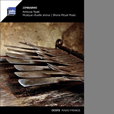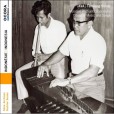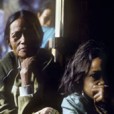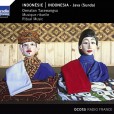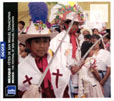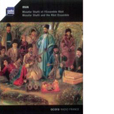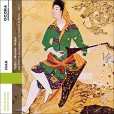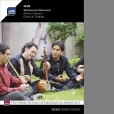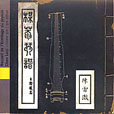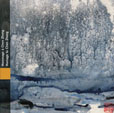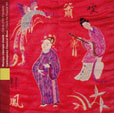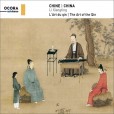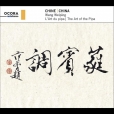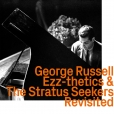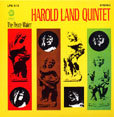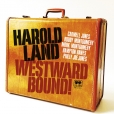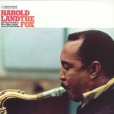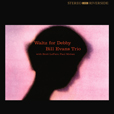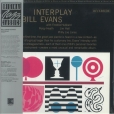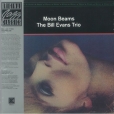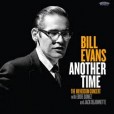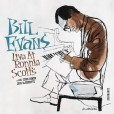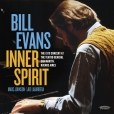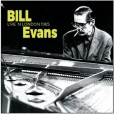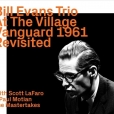Your basket is empty

Judith Juma’s wonderful mbira playing — shona ritual music, with singing, drum and rattle.
Sublimely refined songs about broken hearts, dazzling landscapes and lost kingdoms, with zither and flute accompaniment.
Sundanese ritual music for the goddess of rice and the ancestral spirits, performed by Pupung Supena and Tahya — tarawangsa fiddle with ostinato accompaniment on kacapi zither.
Double-headed drums, horns and shells, guitars and violins, reed flutes and cascabeles whirled together in festive and ritualistic dance music, an amazing mixture of indian-Mexico and Spanish Middle Ages.
Masterful playing of the qin zither, in China considered the most noble of instruments, as if tracing the shapes and meanings of silence.
Playing the xun, an ancient ocarina, the xiao, a vertical flute, and the qin zither, half the time with ‘amateur’ ensemble or zheng zither accompaniment. A last exponent in 1996, haunting and poised… dead now.
Traditional and popular pieces for drums, xiao and dizi flutes, banhu fiddle, sheng mouth organ, yangkin hammered zither, pipa lute, and xun ocarina (an instrument at least 7,000 years old).
The first fruits of Land’s long, luxuriant collaboration with Bobby Hutcherson, from 1968. Jazz Crusaders Buster Williams and Joe Sample are here; and Jimmy Smith’s drummer Donald ‘Duck’ Bailey (with whom Land had recently worked on Roy Ayers’ Virgo Vibes).
Land’s older albums — Harold In The Land Of Jazz, for example, and The Fox — have been HJ touchstones since our very early days. But this is something else. The saxophonist’s dark, schooled lyricism remains unmistakable, but by now hard bop machismo is ceding to the thorough-going influence of the gentler side of John Coltrane — his intentness, key signatures, modal swing.
The eight recordings here are compact and focussed; lit up with a consecratory loveliness. The titular opener and the ballad Imagine share a stricken, abiding, sublime serenity; hailing from the same hallowed ground as Trane knockouts like Tunji, Dear Lord, and After The Rain. Music as the healing force of the universe.
This is a genuine lost classic; handsomely reissued in the ‘Verve By Request’ series, with excellent sound. Hotly recommended.
Stone classic BE, recorded live at The Village Vanguard in New York on June 25, 1961. With Scott LaFaro — ten days before his death in a car accident — and Paul Motian.
Giddily lovely ballads from 1962, with Chuck Israels taking over from Scott LaFaro.
That’s Nico on the cover.
His trio with Chuck Israels and Larry Bunker, performing live at Ronnie Scott’s Jazz Club in early March, in the selection broadcast by WBGO-FM and PBS-TV later that month. Properly restored and remastered.
His two Riverside masterpieces Sunday At The Village Vanguard and Waltz For Debby.
The music sounds better than ever after Ezzthetics’ restoration-work, which removes the accustomed breaks between tracks, so that the concerts unfold continuously and vividly, laced with crowd chatter and clinking glass, and all. You feel like you’re there in the Village Vanguard, in 1961, enraptured. Evans is exquisitely soulful throughout, and the improvisatory trio interplay is famously stunning: check My Man’s Gone Now, featuring Scott LaFaro.
It’s a scorcher. Unmissable.
